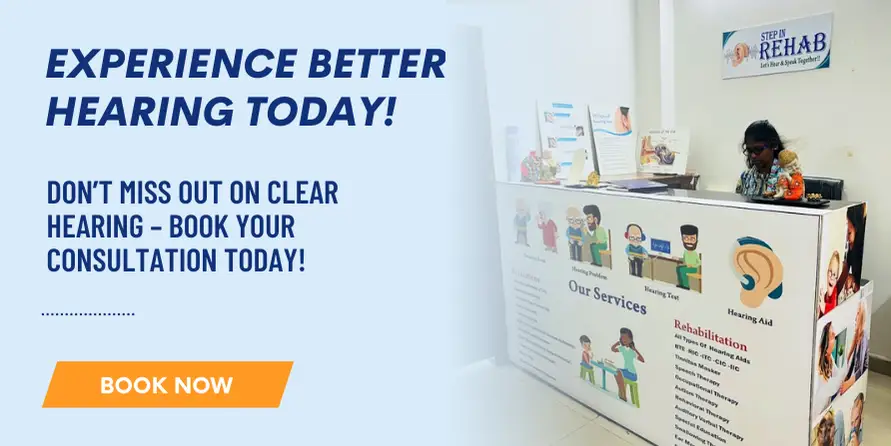Frequently Asked Questions (FAQs)
About Our Speech Therapy Services
At Step In Rehab, we understand that you may have questions about our speech therapy services. Below are some of the most frequently asked questions to help you understand what to expect. If you have more questions, don’t hesitate to reach out to us!
Speech therapy is a treatment process designed to help individuals improve their communication skills. This can include issues with speech, language, voice, and fluency, as well as cognitive-communication skills. Speech therapists work with people of all ages to address these challenges.
Signs that speech therapy might be needed include:
For Children: Difficulty pronouncing words, limited vocabulary, trouble understanding or following directions, and difficulty forming sentences.
For Adults: Trouble speaking clearly, difficulty finding the right words, changes in voice quality, or problems with memory and cognitive functions.
A speech-language pathologist (SLP) can perform an assessment to determine if therapy is appropriate.
The duration of speech therapy varies depending on the individual’s needs and goals. Some people may see improvements within a few weeks, while others may require months or even longer. Consistency and engagement in therapy are key factors in achieving progress.
Yes, speech therapists offer teletherapy services. Online speech therapy can be just as effective as in-person sessions and provides flexibility for individuals who may have difficulty attending sessions in person.
No, speech therapy is for individuals of all ages. While it is commonly associated with children, adults can also benefit from speech therapy for various communication and swallowing issues.
Yes, speech therapists can also work with individuals who have swallowing difficulties (dysphagia). They provide exercises and strategies to improve swallowing function and safety.
There is no difference; “speech therapist” is a more informal term, while “speech-language pathologist” (SLP) is the professional title used to describe licensed practitioners in the field.
The frequency of sessions depends on the individual’s needs and the therapist’s recommendations. It may be daily or weekly thrice or twice or once.


